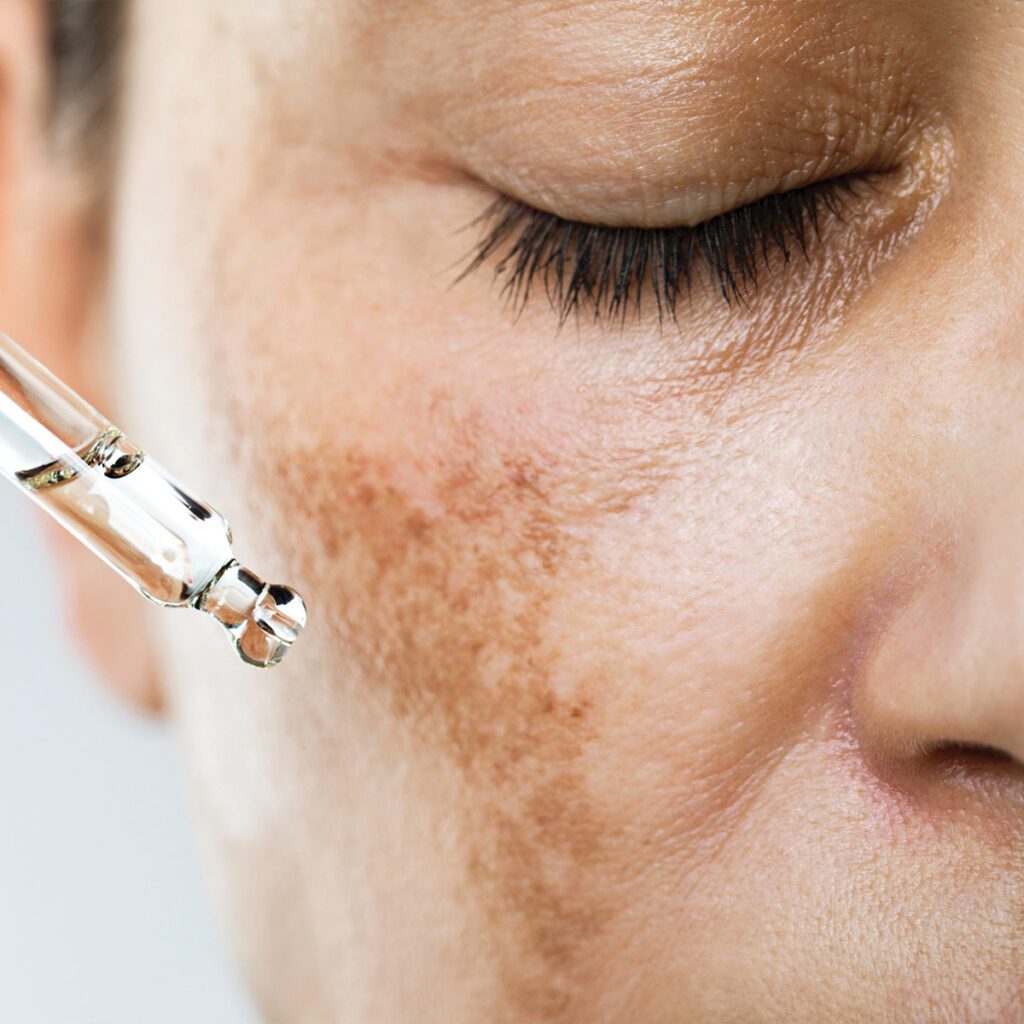
Photoaging
Annual Aging Well Section Pigmentation caused by sun exposure is a common cosmetic concern for aging adults. What is Photoaging? Photoaging, or sun damage, occurs

Annual Aging Well Section Pigmentation caused by sun exposure is a common cosmetic concern for aging adults. What is Photoaging? Photoaging, or sun damage, occurs

Distinguishing the Conditions Rashes are a common concern, but they’re often a source of confusion as well. We all know the feeling: you notice an

A Decade-by-Decade Guide to Refining Your Routine It should come as no surprise that your skin changes as you age, and so should your skincare
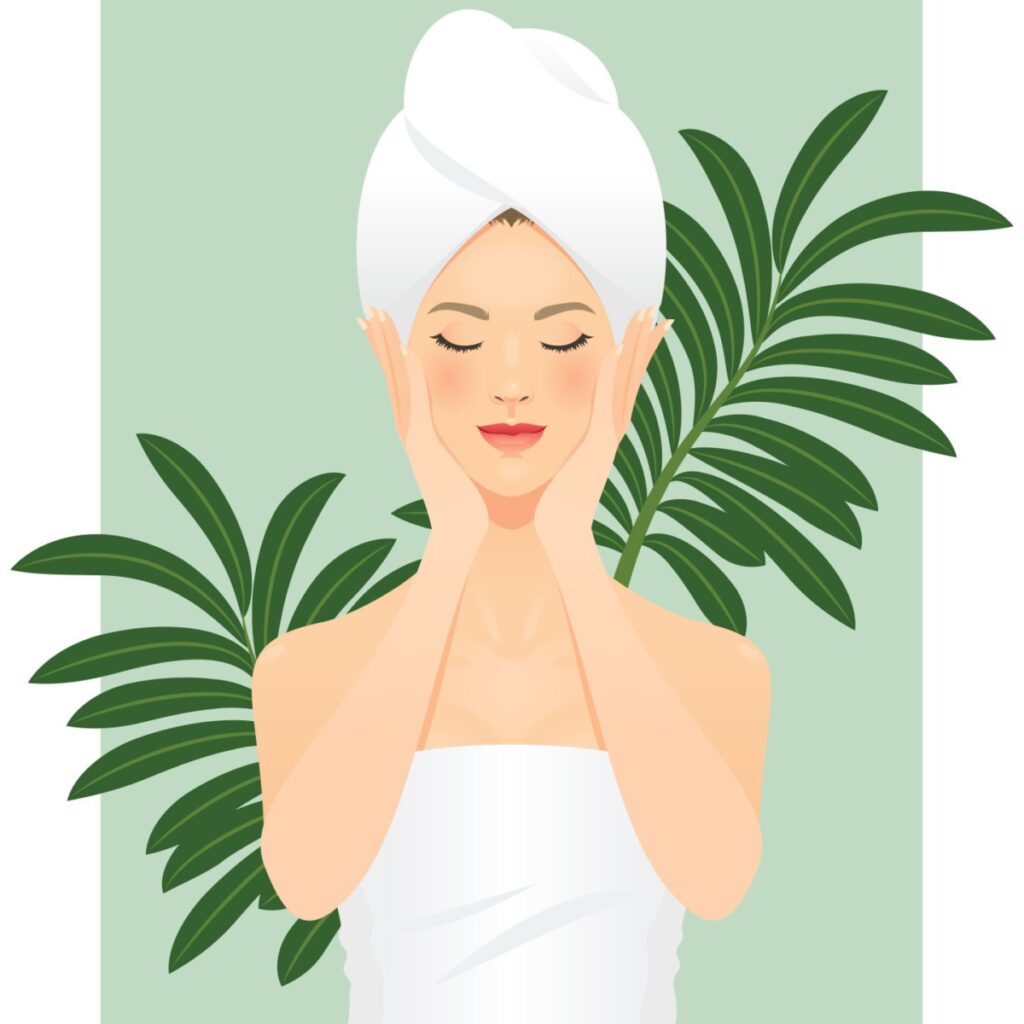
How to Maintain a Glowing Complexion Your skin is your largest organ, and it can also be the most complicated to care for. Yet there

Top Tips to Achieve Smoother, More Radiant Skin Exfoliation is kind of like flossing when it comes to your skincare routine – you either skip
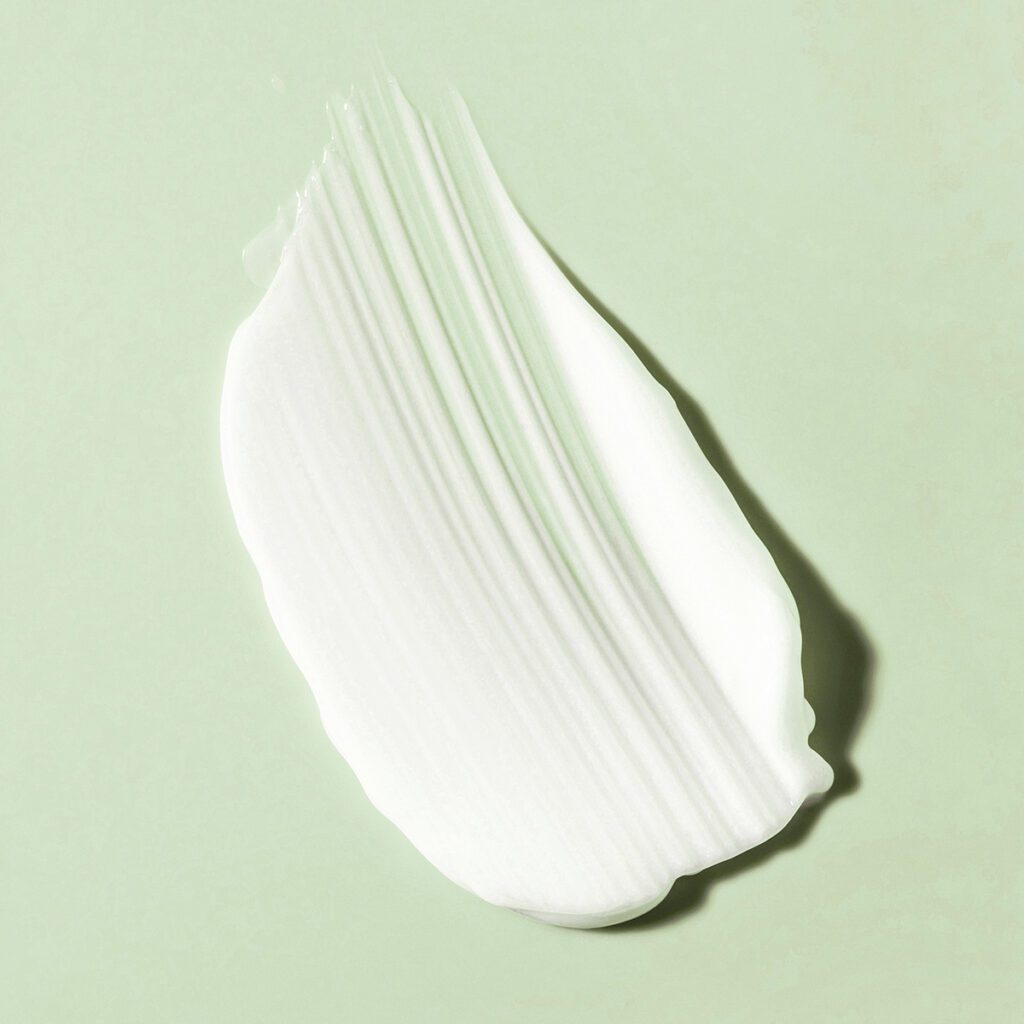
How to Reduce the Appearance of Stretch Marks Whether during puberty, pregnancy, or somewhere in between, many of us will develop stretch marks. These fine
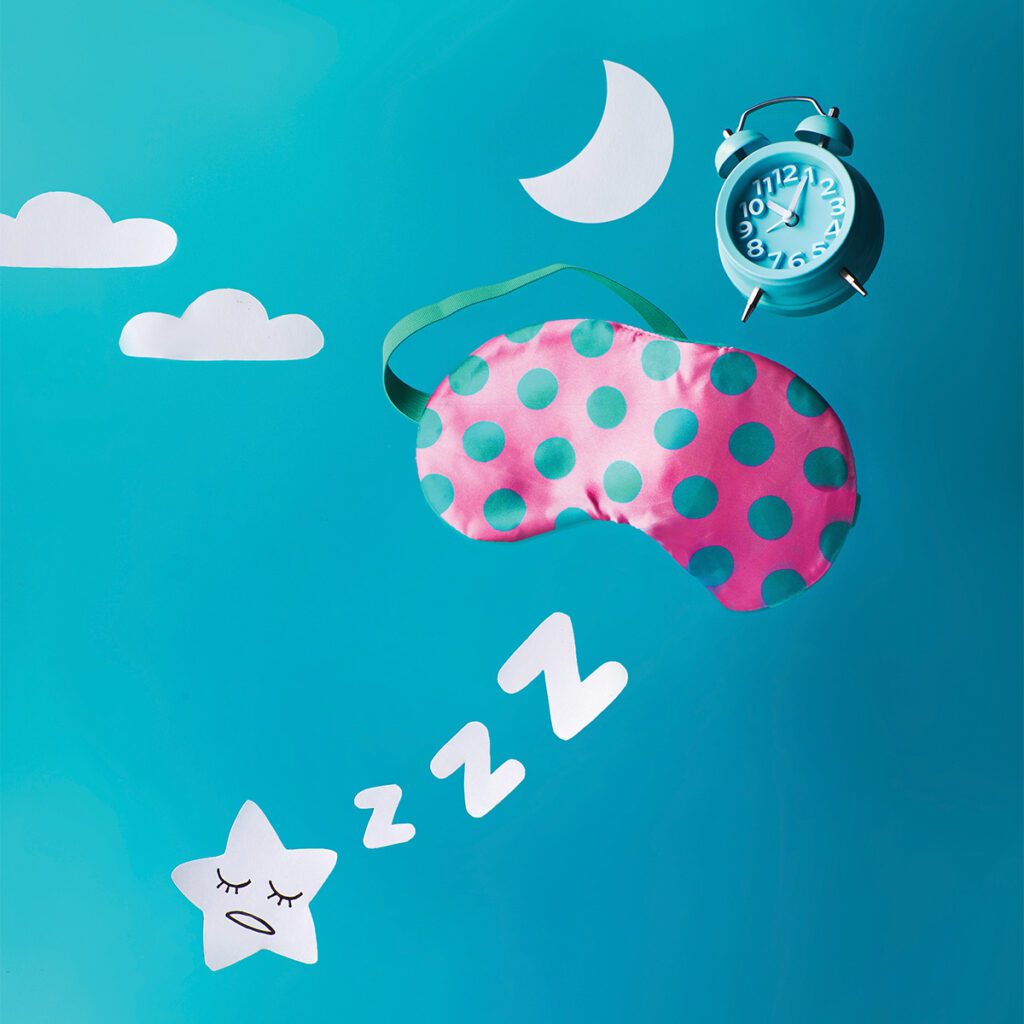
5 Tips to Get the Ultimate Beauty Sleep We all know if you want to feel your best, it’s important to get a good night’s
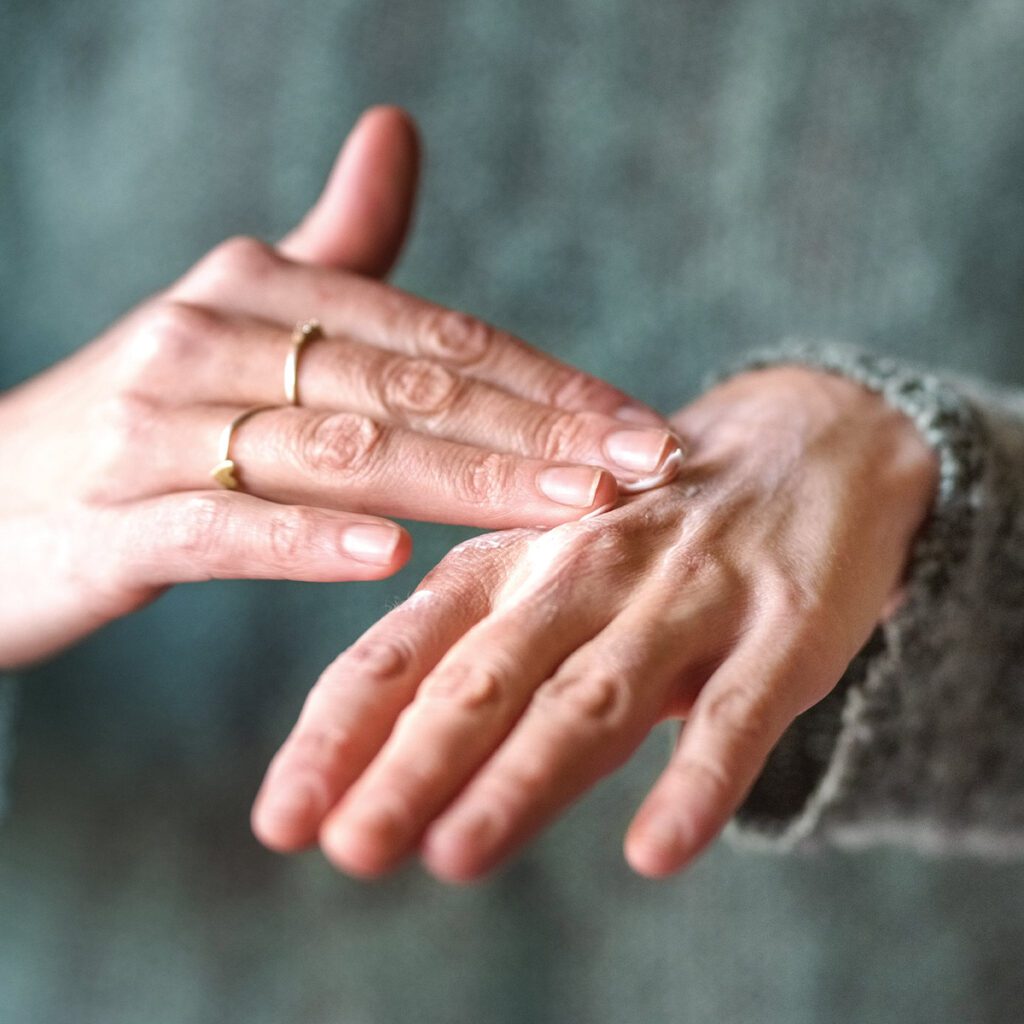
Keeping Troubled Skin in Check Anyone who’s ever gone through puberty knows that you don’t appreciate smooth, blemish-free skin until you no longer have it.
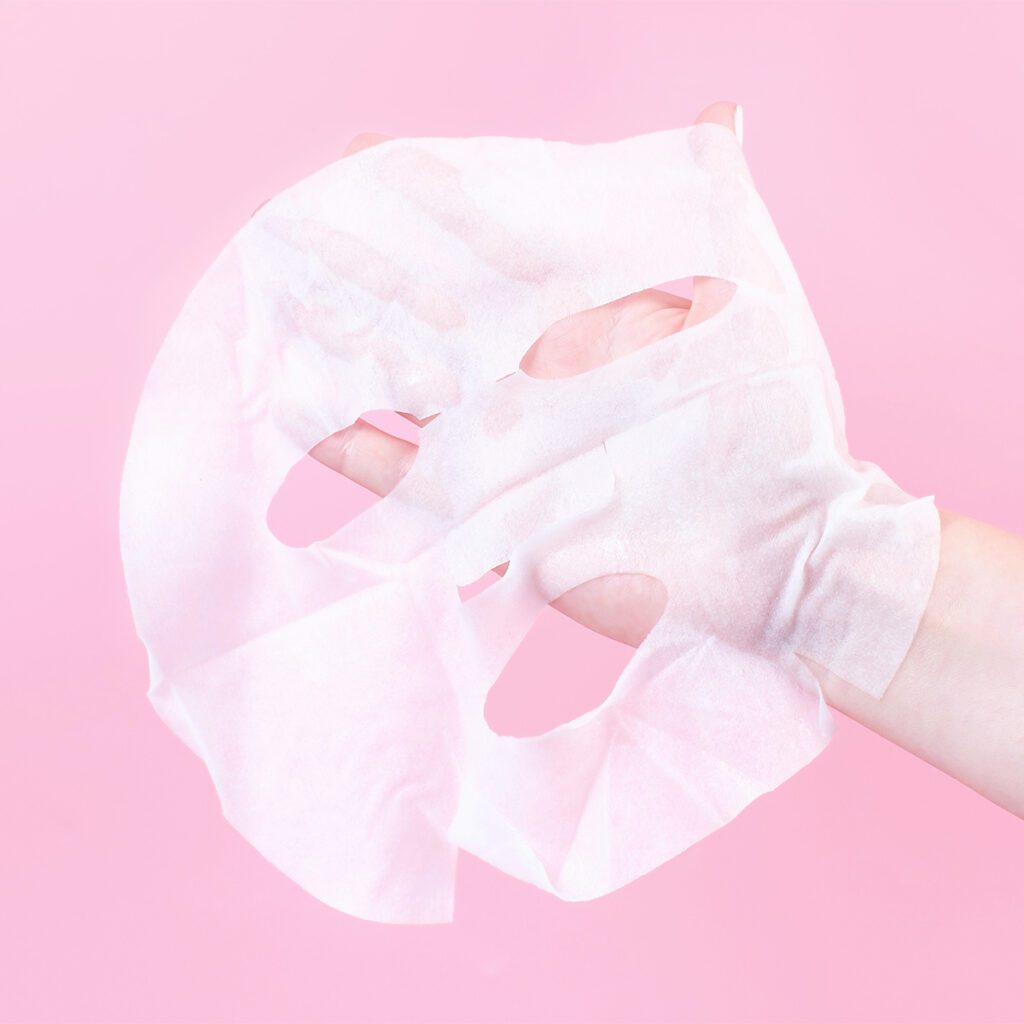
Mask Up We all know that cleansers, moisturizers, and sunscreen are essential parts of a healthy skincare routine, but sheet masks are quickly becoming a

Expert Tips for Treatment Whether you stayed a little too long beside the pool or forgot to apply sunscreen to your feet at the beach,
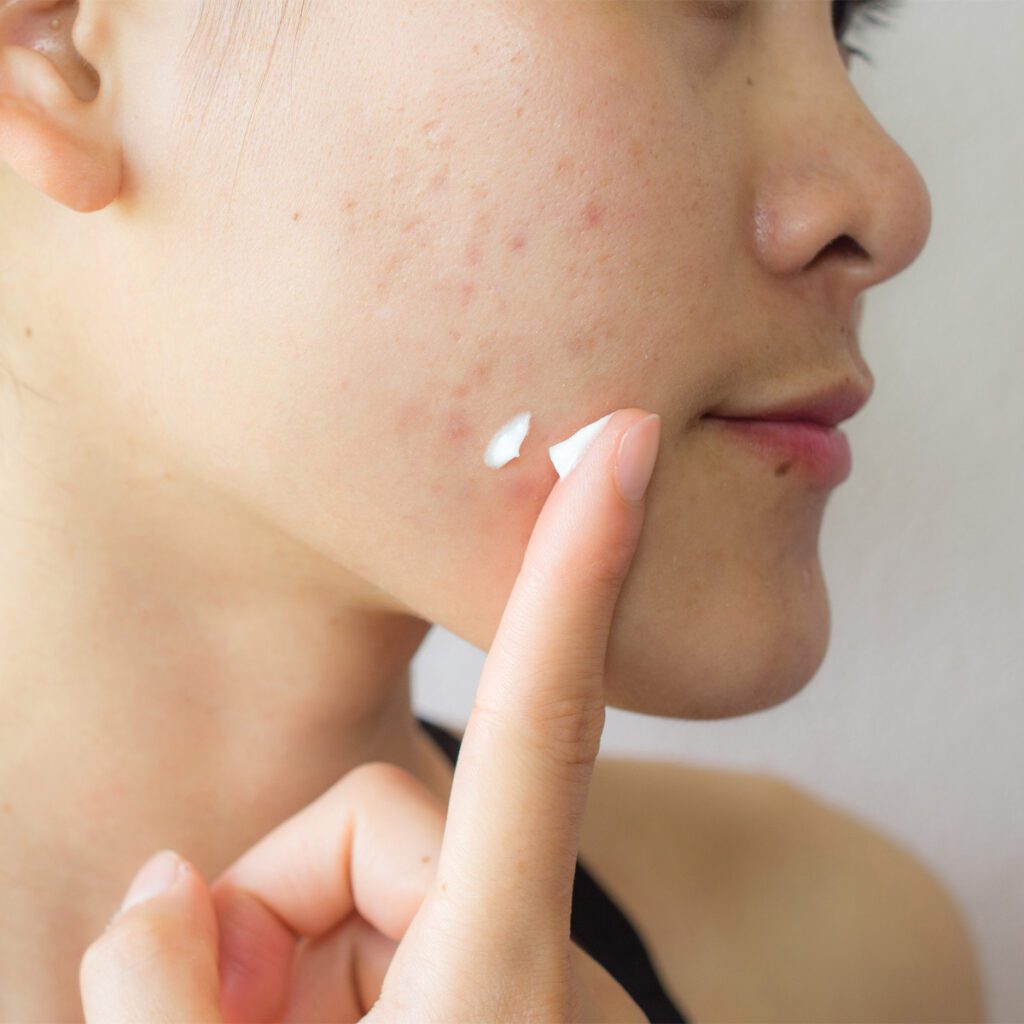
About Face When your skin breaks out, it makes you want to put a bag over your head, hide behind your hair, or stay home

Tackling Thirst How to Know When Your Skin is Dehydrated & What to Do About It To achieve beautiful-looking skin, hydration is key. Many people
HEALTH
BEAUTY & STYLE
LIFE
RELATIONSHIPS
FOOD
FITNESS
PERSONAL GROWTH
ABOUT US
HEALTH
BEAUTY & STYLE
LIFE
RELATIONSHIPS
FOOD
FITNESS
PERSONAL GROWTH
ABOUT US
HEALTH
BEAUTY & STYLE
LIFE
RELATIONSHIPS
FOOD
FITNESS
PERSONAL GROWTH
ABOUT US
HEALTH
BEAUTY & STYLE
LIFE
RELATIONSHIPS
FOOD
FITNESS
PERSONAL GROWTH
ABOUT US
HEALTH
BEAUTY & STYLE
LIFE
RELATIONSHIPS
FOOD
FITNESS
PERSONAL GROWTH
ABOUT US
HEALTH
BEAUTY & STYLE
LIFE
RELATIONSHIPS
FOOD
FITNESS
PERSONAL GROWTH
ABOUT US
HEALTH
BEAUTY & STYLE
LIFE
RELATIONSHIPS
FOOD
FITNESS
PERSONAL GROWTH
ABOUT US